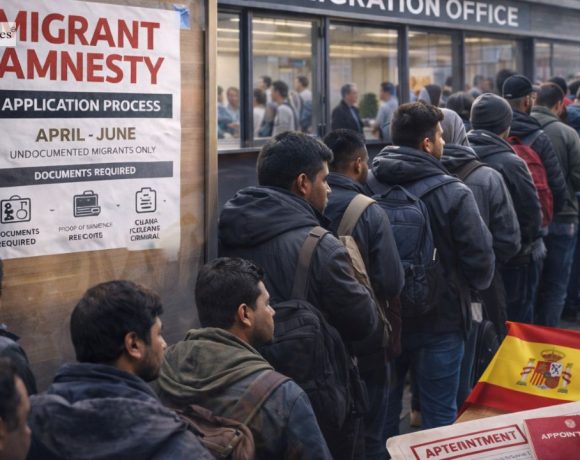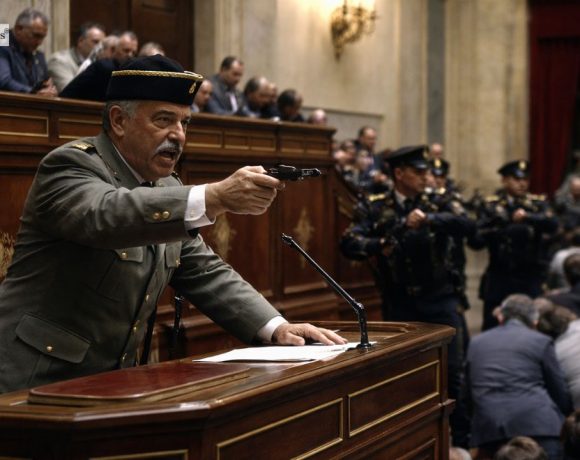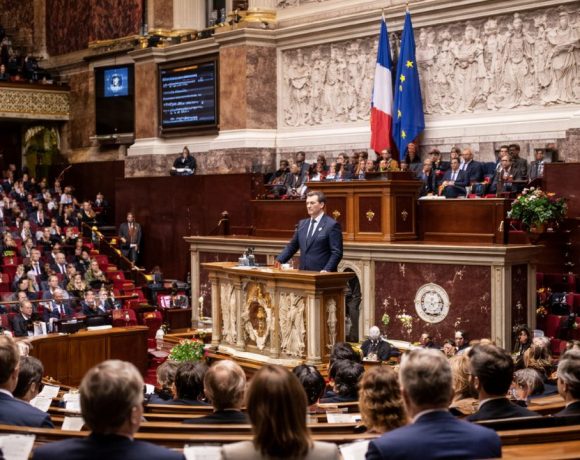
Russia is witnessing a sharp rise in visitors from Gulf nations as closer diplomatic and economic ties translate into a tourism boom. From husky sledding near Moscow to hot air balloon rides over snow-covered landscapes, tourists from Oman, the United Arab Emirates, Qatar and Saudi Arabia are embracing winter experiences unfamiliar in their desert homelands. Attractions around the capital have added Arabic signage and tailored services to cater to the growing influx.
The surge comes amid Moscow’s strategic pivot away from the West during its war in Ukraine, strengthening engagement with Gulf states that have played diplomatic roles in prisoner exchanges and humanitarian efforts. Increased direct flights, visa-free arrangements and warmer political ties have supported the growth. Saudi Arabia ranked second among foreign visitors last year with nearly 75,000 tourists — a 36% annual increase — while arrivals from the UAE exceeded 59,000. Tour operators say some markets, including Saudi Arabia, have expanded nearly fifteenfold compared with pre-pandemic levels.
Despite sanctions and logistical hurdles, including airport disruptions and cash payment limitations due to suspended Western card services, Gulf tourists are spending heavily on luxury hotels, shopping and premium experiences. Russia recorded 1.64 million foreign visitors in 2025, a modest increase from the previous year though still below pre-pandemic peaks. Industry leaders say demand from Arab countries continues to grow, even as security checks and geopolitical tensions present ongoing challenges.
Pic courtesy: google/ images are subject to copyright









